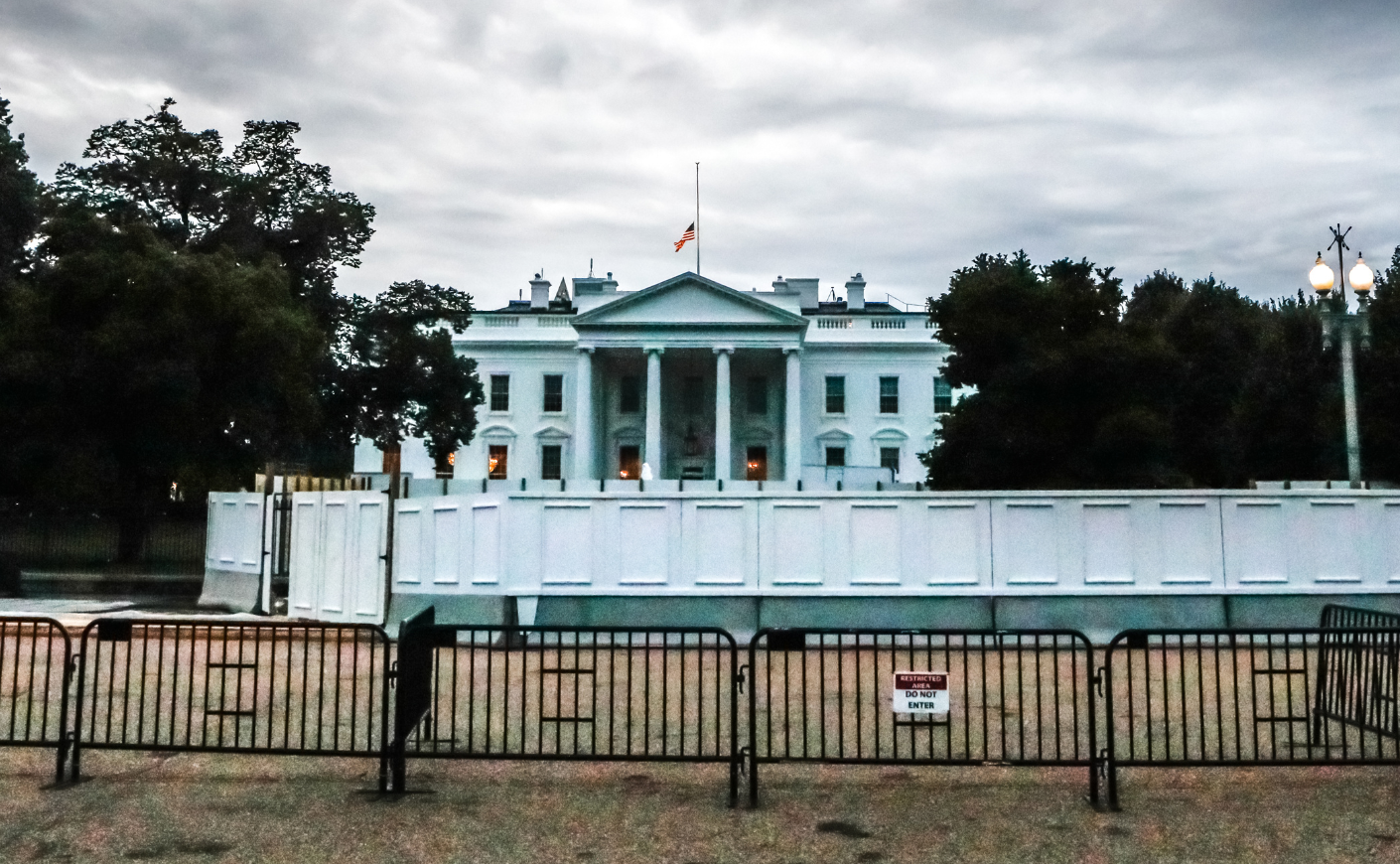By now, you've heard all about the conservatives’ Project 2025 plan, which envisions what America would look like under a second Trump administration. Now, we're hearing what American voters think about it. And according to a University of Massachusetts Amherst poll of 1,000 respondents, most don’t like what they see.
Even though it began as an obscure wish list, the blueprint and its aggressive suggestions have become a central campaign issue in this election. Fifty-three percent of Americans indicated that they had at least read, seen, or heard something about it.
As it continues to garner attention, former President Donald Trump repeatedly disavowed the guidebook, calling it “seriously extreme.” Among other proposals, it aims to eliminate the Department of Education, severely restrict abortion pills, and end student loan forgiveness.
“Project 2025 looks like an electoral liability, so it is no surprise that the Democratic Party has sought to link it with former President Trump and the GOP and why Trump seeks to move away from any and all association with the unpopular 900-page playbook,” one of the poll’s directors, Tatishe Nteta, said in a statement.
Following backlash from both Trump and Democrats, the project's director, Paul Dans, announced he was stepping down from the Heritage Foundation, the think tank that spearheaded it. Though the group has vowed to soldier on with its initiative, here’s a closer look at why it’s proving so unpopular and whether it's giving presumptive Democratic nominee Kamala Harris a polling boost.
What Americans have to say about Project 2025
Large majorities of Americans oppose the critical pillars of Project 2025.
In response to major government overhauls, 64 percent said they’d oppose removing the Department of Education. Another 68 percent of respondents objected to firing thousands of federal employees and replacing them with political appointees only loyal to the sitting president. More than half — 56 percent — opposed cutting federal support for the research and development of renewable energy.
There was also overwhelming opposition on other issues that could impact the election's outcome. A majority (51 percent) opposed “reducing federal civil rights protections for lesbian, gay, and transgender people.” Most felt just as strongly about contraceptives: 72 percent also said they opposed restricting access to them.
However, respondents were narrowly divided — 40 percent to 39 percent — over ending DEI or diversity, equity, and inclusion programs. Less than half — 43 percent — also backed shutting down “social media companies and internet sites that depict, or contain links to, depictions of pornography.”
It’s worth noting that the plan is deeply unpopular on both sides of the aisle. Only two of Project 2025’s primary tenants carry majority support among Republicans: ending DEI programs (67 percent) and shutting down porn sites (61 percent). “Even former Trump voters exhibit opposition to many of these policies, a bad omen for the Republican Party and Trump campaign,” said Nteta.
Harris pulls ahead of Trump nationally
This skepticism of Project 2025 comes as Harris gains an edge in the polls. According to the same survey, the likely Democratic nominee has a 46 percent approval rating compared to Trump’s 43 percent.
One of the poll's co-directors, Alexander Theodoridis, attributes this surge in momentum to voters, particularly young people and independents, "having an alternative to Trump that they can feel excited about."
Pollsters also emphasize that this marks a dramatic shift in public sentiment — Harris’s approval numbers previously mirrored those of her boss, President Biden, with most voters expressing disapproval of her job as vice president. But now that she has stepped in for the president, Nteta said her “approval ratings have increased by seven percentage points with significant increases seen across gender, generational, educational, racial, partisan and ideological groups.”
As Harris sees increasing voter enthusiasm, Theodoridis believes Democrats will continue to target Project 2025 to persuade Trump-weary voters.
"The salience of Project 2025 as the brand name for a largely unpopular right-wing agenda is part of the messaging Democrats hope will make it difficult for Trump to add support going forward as Harris increasingly wins and motivates Americans already skeptical of Trump," he says.









